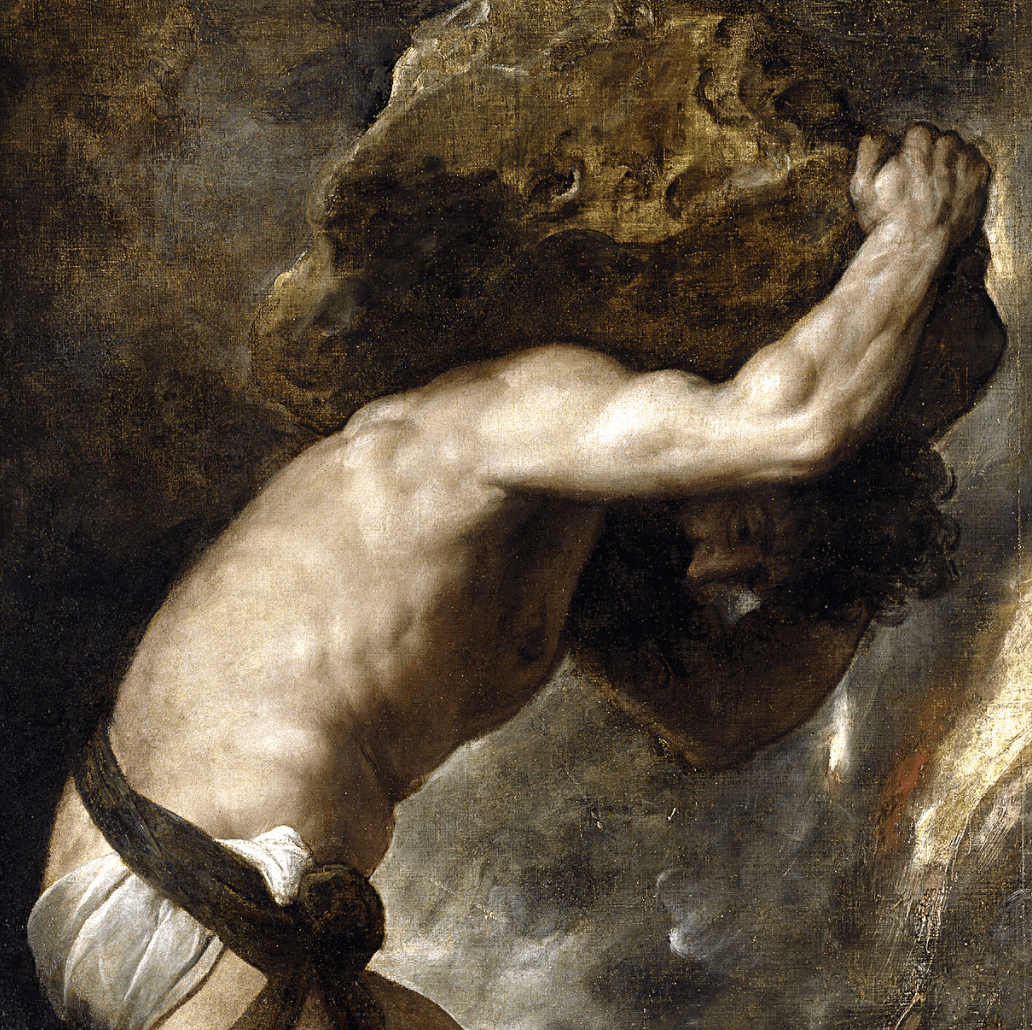It’s me again, stealing some chat from one of my favorite podcasts, Scriptnotes.
The bulk of this came from a listener’s comment during an episode called Halfway There.
Caution: if you enjoy the writing process (and all of its myriad steps along the way), then skip this blog. You’ve got better things to do and/or read.
The comment was excellent, so I’m quoting it here nearly verbatim. Go to the episode to hear additional chat from Scriptnotes hosts John August and Craig Mazin.
Podcast listener Jules: “I enjoyed listening to your discussion in Episode 532, Mistakes of Yes, about the importance of suffering and seeking meaningful work rather than signifiers or supposed hallmarks of success in the path towards happiness. Your conversation made me think about a statement written by Albert Camus. One must imagine Sisyphus happy. When we think about mythology, Sisyphus epitomizes infinite, unrelenting torture, pushing a boulder up a hill, only to have to repeat it again once he gets to the top. Camus, in this essay, ‘The Myth of Sisyphus,’ posits that life is inherently absurd and filled with bizarre routines and habits. We could be distressed or discouraged by how little anything really means or not want to live as a result. But Camus says we must revolt and not let that get us down. Sisyphus is constantly completing a task that challenges him greatly and he achieves it—all while knowing that it will not get him anywhere. But he can find meaning and purpose and joy in this struggle. He could be happy.
“Sure, life can suck sometimes, even if you aren’t Sisyphus. But we can choose what we focus on as motivation. For any of us with ambitions, that implies that any striving to achieve comes at the expense of our happiness. I think the solution is to learn to love the struggle, no matter how successful you supposedly are, or even if by all accounts you’ve achieved nothing. No one can stop you from struggling and striving. If you truly embrace and enjoy the struggle and process of creating a script, a story, a book, a podcast, etc.
“I think that may be the best path towards happiness for those of us cursed with ambitious goals. If you can love writing when it’s the worst, then writing can make you happy.”
Craig Mazin: Yes, amen Jules.
John August: Thich Nhat Hanh, who was a Buddhist monk who died (in January, at age 95) but who often wrote about … the struggle and like being present and not putting off to later to be happy. But sort of being present in it. That’s what Jules is writing here. It’s about … understanding that the work you’re doing is not about the end goal, that it’s about the actual work itself.”
++
Possible Thich Nhat Hanh quotes John August was referencing:
“Most people are afraid of suffering. But suffering is a kind of mud to help the lotus flower of happiness grow. There can be no lotus flower without the mud.”
“We have the tendency to run away from suffering and to look for happiness. But, in fact, if you have not suffered, you have no chance to experience real happiness.”
++
P.S. That episode “Mistakes of Yes” is also highly recommended. “John and Craig consider the choices writers and characters make based on fear, flattery, or FOMO. They offer guidance on how to make authentic choices and discern between want vs. being wanted.”


Writers write. This became abundantly clear to me when, after having ten books published and winning two writing awards, one international and the other the Colorado Book Award, I received a paltry royalty check. It was my first ever. At that moment I realized I didn’t write for the money, I wrote because I’m a writer.
Exactly. Thanks, Peter!
Matts Djos writer friend of mine (and widely published) said: “Writing should hurt. If you don’t write with tears, you’re not writing. You’d better cry whether for sadness or for joy. Sometimes writing hurts because it’s so beautiful.”
Thanks, Donald! Don’t know about tears — that would be a daily thing, in that case — but metaphorical tears, sure. Yeah, it’s hard. Agreed on that!